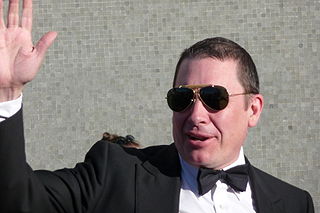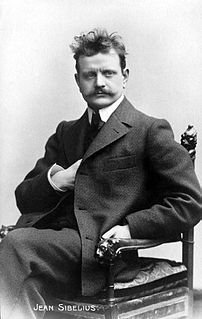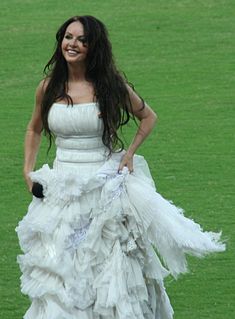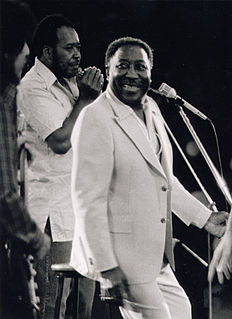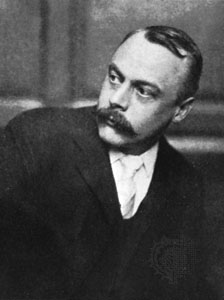A Quote by Mark Helprin
Then the bow orchestra began to play an apocalyptically beautiful canon, one of those pieces in which, surely, the composer simply transcribed what was given, and trembled in awe of the hand that was guiding him.
Related Quotes
Composer” is a word which here means “a person who sits in a room, muttering and humming and figuring out what notes the orchestra is going to play.” This is called composing. But last night, the Composer was not muttering. He was not humming. He was not moving, or even breathing. This is called decomposing.
The trouble is that the expression 'material thing' is functioning already, from the very beginning, simply as a foil for 'sense-datum'; it is not here given, and is never given, any other role to play, and apart from this consideration it would surely never have occurred to anybody to try to represent as some single kind of things the things which the ordinary man says that he 'perceives.
If custom is to avail for proof of soundness, we too, surely, may advance our prevailing custom; and if they reject this, we are surely not bound to follow theirs. Let the inspired Scripture, then, be our umpire, and the vote of truth will surely be given to those whose dogmas are found to agree with the Divine words.
Most of the time, I'll be conducting the orchestra, but there will be some pieces that I'll be playing an instrument as well, just because I love playing. There's pieces where I want to grab an instrument and play with the rest of the group, like 'The Light of the Seven,' for example; I would love to play the piano for that.
I always maintain that playing in an orchestra intelligently is the best school for democracy. If you play a solo, the conductor and everybody in the orchestra follows you. Then, a few bars later, the main voice goes to another instrument, another group, and then you have to go back into the collective [sound]. The art of playing in an orchestra is being able to express yourself to the maximum but always in relation to something else that is going on.
I'd been on everybody else's show and there was always a preinterview. Somebody would come with a tape recorder and you'd talk for three or four hours, and they'd take it back and it would be transcribed, and it would be given to the writers, those many writers you see on all those shows, Larry King, Letterman, Leno, etc. And then they choose the answers that will be most evocative on their show.
Have you seen a symphony orchestra? There is a person at the back carrying a triangle. Now and again the conductor will point to him or her and that person will play "ting." That might seem so insignificant, but in the conception of the composer something irreplaceable would be lost to the total beauty of the symphony if that "ting" did not happen.
Then suddenly the Mole felt a great Awe fall upon him, an awe that turned his muscles to water, bowed his head, and rooted his feet to the ground. It was no panic terror - indeed he felt wonderfully at peace and happy - but it was an awe that smote and held him and, without seeing, he knew it could only mean that some august presence was very, very near.


